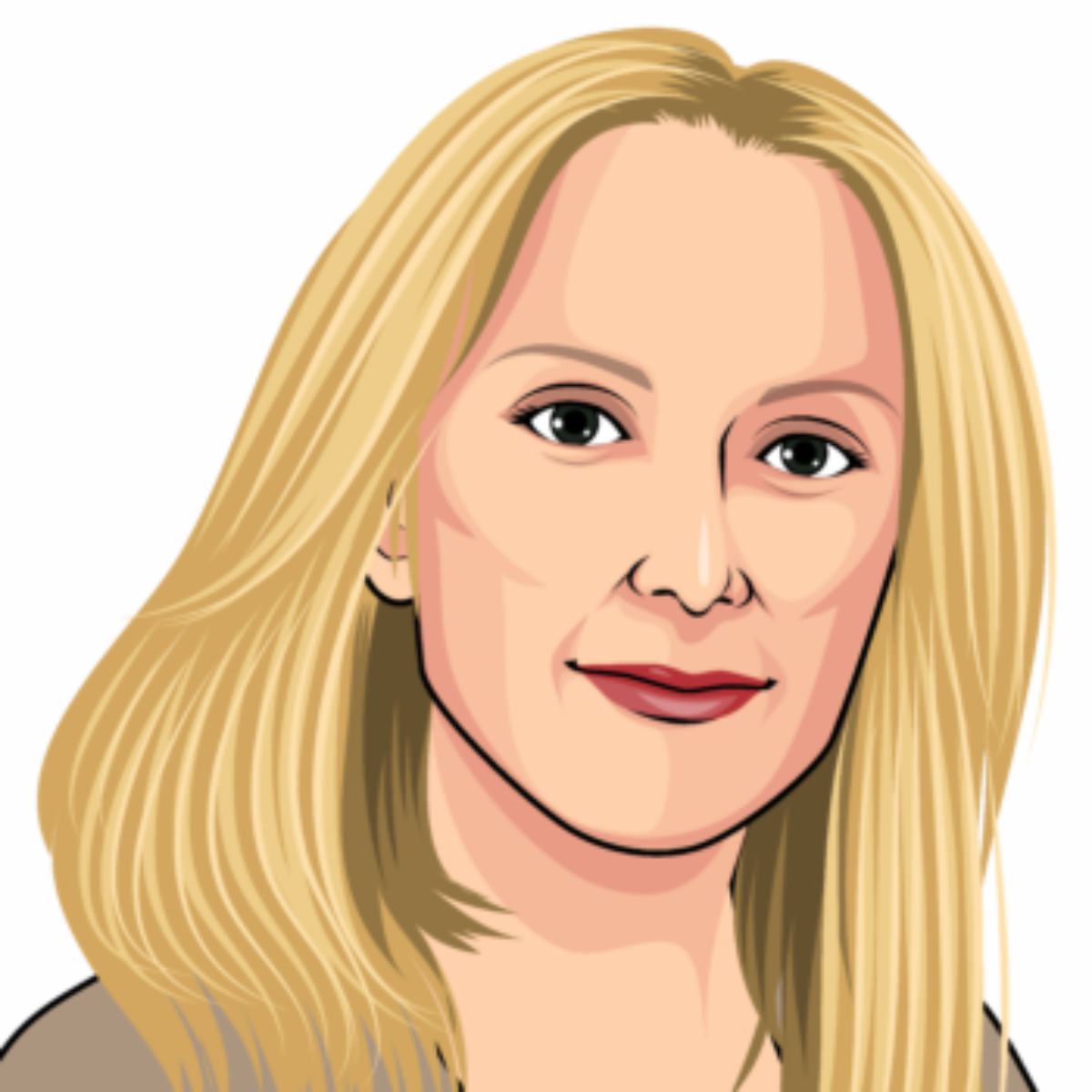Let’s be honest, death isn’t something anybody really wants to talk about, is it?
It’s not part of our day-to-day chat.
“How was your day?”
“What shall we have for dinner?”
“What song do you want playing for your funeral entrance?”
If we do talk about it, it tends to be awkward and uncomfortable, or the topic quickly changes. For most, death is a far-off thing, something we’ll just sort out “later”.
I hadn’t really thought about it much; I’ve lost a few grandparents, and we had to put our family cat down when I was around 14. But that changed this year when one of my best friends lost her dad to cancer in January.
While her dad had a long, almost eight-year battle, he made sure he lived the best life he could in the time he had left. He stayed strong for himself and his family and tried every drug, therapy, and trial available to him. But sadly, he passed away at 62.
Suddenly, death wasn’t just something that happened to “older people”. And there’s no roadmap on how to support a friend who’s grieving – we’re both 26 and didn’t expect to be having these conversations for what? At least another 20 – 30 years?
So, since then, I’ve been thinking more about how we prepare (or don’t) for the really hard parts of life. And how rarely we talk about what we’d want to happen, or who we’d turn to if the worst did happen.
Which is why it’s been strange (but oddly comforting) to realise that in my job, I do hear people talk about these things all the time.
A stark contrast
I work as a video producer here at Yardstick, and one of the main things I do is interview financial planning clients for video testimonials. I must have done well over 400 interviews by now, and I honestly enjoy getting to meet some really great people, and hear their stories, experiences, and perspectives on life now they’re older.
We’ll sit and discuss things like why they need a financial adviser, what kind of advice they’ve received, and what impact it’s had on their lives.
9 times out of 10, people reach out and find a financial adviser when a major life event is happening or has happened. On the surface, that could be retirement, divorce, a business sale, or a bereavement.
But once we get into it, they’re not just talking about money, portfolios, and tax efficiency.
They’re talking about the thoughts, feelings and emotions they had when they lost a loved one, had a health scare, or feared not knowing what’s next.
The underlying message? They want someone there to support them when the unexpected happens, or just when the proverbial hits the fan.
We have all sorts of conversations about how much of a difference it’s made to Jane’s life that her adviser was able to handle her finances while she had her cancer treatment, meaning she could focus on getting better rather than worrying about the numbers. Or how it took John to have a heart attack to realise how precious life is and how easily it can be taken from you.
Don’t wait for a wake-up call
When I first started working at Yardstick, Phil suggested I read Enough? by Paul Armson. In it, Paul constantly talks about how life isn’t a dress rehearsal, to speak to an adviser and find out when you can retire (so you’re not working longer than you need to).
Going back to my friend’s dad, this is something he did. He lived it up, travelled with his family, took part in ski trips, went to the pub, and went for motorbike rides on his Harley with his friends. He’s remembered for having a thirst for life and making sure he travelled as far as he could and had a bloody good time doing it!
I speak to people weekly who wish they’d known sooner that they could have retired, or, on the flip side, wouldn’t have had the confidence to retire early without the support of their adviser.
What I’m trying to get at is simple: we don’t know what’s around the corner. “Tomorrow, you could be hit by a bus” and all that.
So don’t wait for the nasty surprises to happen. Plan ahead, plan for the good, bad and the ugly that life throws at us. Make the most of the time you have now, because as Paul Armson has drilled in my head: “Life is not a dress rehearsal”.
Get comfortable with being uncomfortable
A few days after my friend’s dad passed away, we caught up. But before going over, I remember feeling so anxious. I didn’t really know what to say, I didn’t know exactly what headspace she’d be in, and what if I said the wrong thing?
“Hey, how’re you?” No no no, don’t say that.
“Are you okay?” Obviously not… don’t say that either.
We said hello, had a big hug and ended up chatting for near on three hours. We reminisced about childhood memories, and she talked me through the past few months of what they’d been through as a family. It was wholesome and just so not what I expected.
Towards the end of the evening, we were sat in the car before saying goodbye. And I got that anxious feeling again, thinking “How do I wrap this up with her?”
“See you soon, have a good rest of your week.” Please don’t say that.
“So nice to catch up.” I mean it was, but this didn’t really feel right to say.
We ended the evening by having a heart-to-heart about how neither of us really knew what to say. The situation was devastating and our emotions were all over the shop, but the friendship and the love we have for each other was unbelievably clear to both of us.
We didn’t have answers or the right words, but we were honest and that was enough.
The truth is, death is messy, grief is unpredictable, and no one has the perfect thing to say. But if we can sit with that discomfort and talk, we might find that showing up matters more than saying the right thing.
Financial planning is all about helping people make the most of their lives
Sitting in that car, unsure what to say, it hit me – life doesn’t give you a script. There’s no IKEA instruction booklet for moments like that. We’re all just figuring it out as we go.
And weirdly, I see that same thing happen in my job all the time. When I’m interviewing clients, people often talk about the moments they never saw coming: losing a partner, becoming seriously ill, and suddenly facing life alone. In those moments, it’s never just about money.
It’s about being supported. Having someone in your corner. Knowing things are taken care of when everything else feels out of control.
It might sound strange coming from someone who works behind a camera, but I’ve seen in real time what advisers and planners know: these conversations are nearly always what financial planning is really about.
Like I said earlier, it’s not just pensions and portfolios. It’s preparing for life’s toughest moments and making sure your loved ones are looked after when you’re not around.
That’s not something I ever thought much about at 26. But maybe we should. And maybe you can help make those thoughts the norm by giving your clients the opportunity to tell their stories.
Let’s talk
If you’re a financial planner, you know how much the work you do matters. You see it every day, the difference it makes when someone’s properly supported through the really tough stuff.
So don’t be shy about it. Let your clients tell those stories. Let people hear, in their own words, what working with you has meant to them.
It’s not about showing off, it’s about showing up. The more we talk about this stuff, the less scary it becomes.
If you want to capture the difference you’ve made in your client’s lives, we’d love to help. Call 0115 8965 300 or email hi@theyardstickagency.co.uk, and we’ll be in touch.
And, if you’ve been putting off a conversation, whether it’s about death, planning ahead, or just checking in with someone you love, let this be your sign. Go check in with them.
Talk about the things that matter, even if they feel uncomfortable – especially if they feel uncomfortable.



